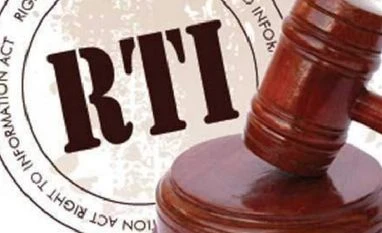At present, political parties are neither required to reveal the names of individuals/organisations giving less than Rs 20,000 nor those who donated via electoral bonds. As a result, more than 36 per cent of the funds cannot be traced and are from ‘unknown’ sources.
While national and regional political parties were brought under the Right To Information (RTI) Act by a ruling in June 2013, they have still not complied with the decision.
Full transparency is, unfortunately, not possible under the current laws, and it is only the RTI that can keep citizens informed.
Known sources have been defined as donations above Rs 20,000, whose donor details are available through contribution reports as submitted by national parties to the ECI.
Since a very large percentage of the income of political parties cannot be traced to the original donor, full details of all donors should be made available for public scrutiny under RTI.
Some countries where this is done include Bhutan, Nepal, Germany, France, Italy, Brazil, Bulgaria, the US, and Japan. In none of these countries is it possible for more than 70 per cent of the sources of funds to be unknown.
But in India at present, that is the case.
Source: Association for Democratic Reforms
To read the full story, Subscribe Now at just Rs 249 a month
Already a subscriber? Log in
Subscribe To BS Premium
₹249
Renews automatically
₹1699₹1999
Opt for auto renewal and save Rs. 300 Renews automatically
₹1999
What you get on BS Premium?
-
Unlock 30+ premium stories daily hand-picked by our editors, across devices on browser and app.
-
Pick your 5 favourite companies, get a daily email with all news updates on them.
Full access to our intuitive epaper - clip, save, share articles from any device; newspaper archives from 2006.
Preferential invites to Business Standard events.
Curated newsletters on markets, personal finance, policy & politics, start-ups, technology, and more.
Need More Information - write to us at assist@bsmail.in
)